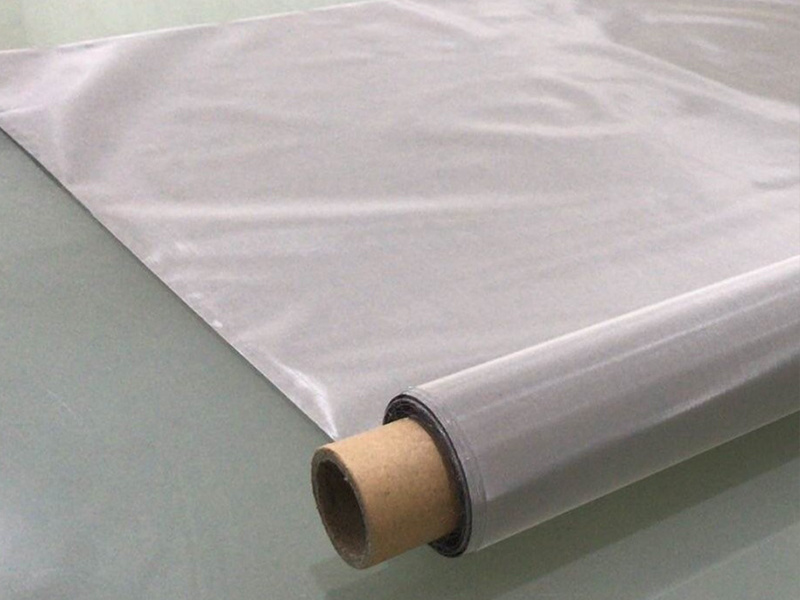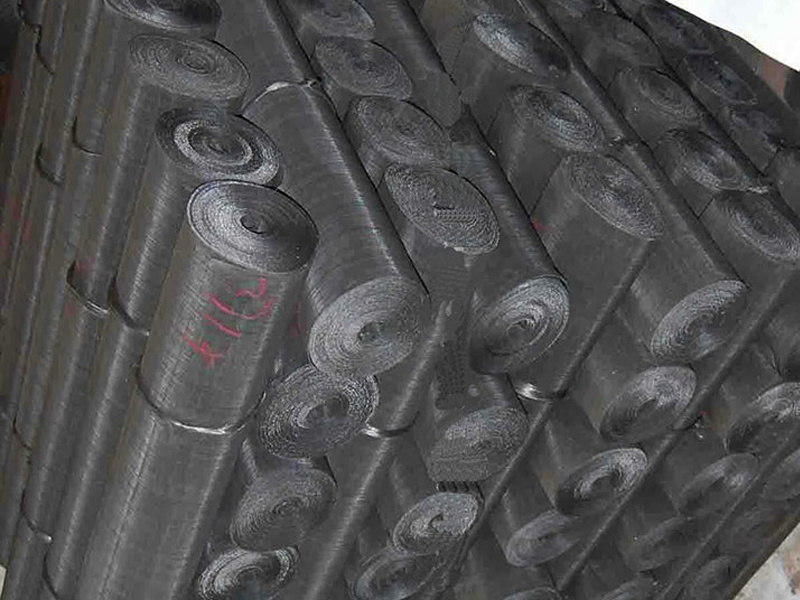The Secrets Behind Woven Wire Mesh: A Deep Dive into Its Working Principle
Release time:
2025-09-08
Explore the fascinating workings ofwoven wire mesh and its applications in various industries.
Understanding Woven Wire Mesh
When you hear the term woven wire mesh, what springs to mind? For many, it might be a mere industrial product, but oh boy, it's far more than that! This versatile material plays a pivotal role across various sectors, from construction to agriculture. But how does it work? Let's unravel the mystery of its working principle, shall we?
The Basics of Woven Wire Mesh
At its core,woven wire mesh is crafted by interlacing wires in a grid-like pattern. Picture a fabric, but instead of threads, you've got durable wires. This construction not only offers structural integrity but also allows for a range of applications. The mesh can be made from various materials, including stainless steel, aluminum, and copper, each lending its unique properties to the final product.
How Does It Work?
So, how doeswoven wire mesh actually function? Well, it's all about the interplay of tension and support. The wires are meticulously woven together, creating a network that distributes weight evenly. When pressure is applied, the mesh flexes but doesn't break. This adaptability is what makes it a go-to choice for so many industries!
Applications Galore
You might be wondering, where can we find this wonder material? The answer is everywhere! In construction, it's used for reinforcing concrete, ensuring structures can withstand the test of time. In agriculture,woven wire mesh is utilized for fencing, keeping livestock secure while allowing for ventilation.
The Magic of Customization
One of the coolest aspects ofwoven wire mesh is its versatility. You can customize it to suit your specific needs—whether it's adjusting the mesh size or the wire gauge. This flexibility makes it ideal for a variety of applications, from filtration systems to architectural designs.
Why Choose Woven Wire Mesh?
Aside from its multifunctionality,woven wire mesh is durable and low-maintenance. It can withstand harsh environmental conditions, making it perfect for outdoor use. Plus, it's eco-friendly! Most wire meshes are recyclable, contributing to a sustainable future.
Woven Wire Mesh vs. Other Materials
You might be scratching your head, thinking about other materials like plastic or wood. Sure, they have their merits, butwoven wire mesh offers unmatched strength and stability. Unlike plastic, which can degrade over time, or wood, which can warp,woven wire mesh is built to last!
Conclusion: The Future of Woven Wire Mesh
As we continue to innovate and expand our horizons, the applications forwoven wire mesh are bound to grow. From smart cities to sustainable agriculture, this material is set to play a major role in shaping our future. So next time you seewoven wire mesh, remember, it's not just a grid of wires; it's a testament to engineering ingenuity!
You can also learn more about industry trends
2025-03-12
Applications of seat-type nets
2025-03-12
Material and weaving method of stainless steel filter mesh
2025-03-12
Applications of stainless steel filter mesh
2025-03-12
Main characteristics of stainless steel filter mesh









